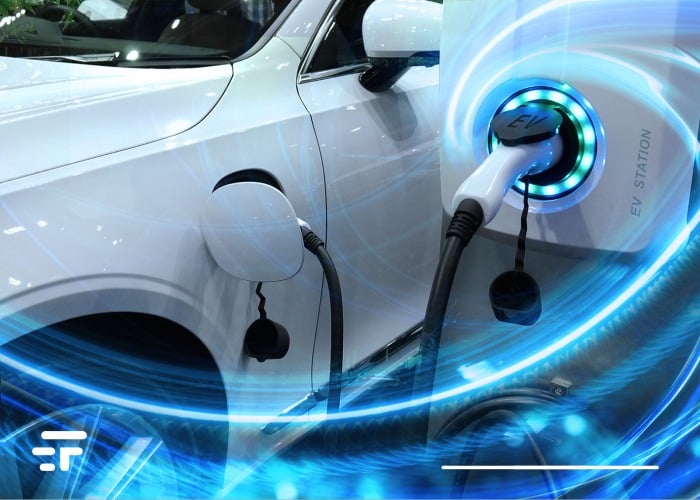Electric cars are becoming more popular every year. The good news is that they are much more environmentally friendly than gas-powered cars and are always cheaper to buy. The bad news is that there aren't many places to charge them and the charging process can be slow. In this post I want to examine three factors en passant (sticking to "pros" and "cons" seems reductive to me). Here are the good and bad of electric cars, as well as the practicality of owning one in today's world.
The good
Looking at them as they are, electric cars seem to have several advantages over traditional petrol cars. One of the main reasons why electric cars are chosen is that they are much more environmentally friendly: they produce zero emissions, thus helping to reduce air pollution and fight climate change. Of course, there are other "environmental costs" to consider, but a recent study estimated that the balance of electric cars is positive even despite the emissions created to build the vehicles and batteries. And yes, even in spite of what is used to power the plants that give electricity to vehicles.
As well as the good there is, the good there will be: Charging stations are becoming more and more common, and will make it increasingly easier for people to charge their cars on the go.
The bad
You can imagine it: if there "will be" some good (the growth of charging stations) it is because this good isn't there yet. There's some bad news: There aren't as many charging stations as fossil fuel ones. This means that it can be difficult to find a place to charge your car when you are out and about (although you may get more autonomy if you have the opportunity to have home charging stations).
Additionally, charging an electric car can take a long time, sometimes even several hours – this can be an inconvenience if you're trying to get somewhere in a hurry.
The practical
If the good and the bad depend directly on the contingency, the practical is beautiful because it also depends on the needs of each of us. And in fact, the greater or lesser practicality of having electric cars can depend on several factors.
First of all, driving needs: do you only use the car for short journeys? EVs are good. The current state of the infrastructure does not allow me to say the same for those who need to travel a long way.
Other parameter to consider? The place where you live. And there is a positive paradox, which brings together two (apparent) opposites: those who live in modern cities can count on increasingly widespread networks of charging stations. Those who live in rural areas, on the other hand, will maximize the presence of a home charging station (perhaps combined with a renewable energy system).

Image of the car charging station taken from auto-doc.it
In short (Italian only)
The ecological transition is an ongoing process. More: for reasons both endogenous (the growth of renewables) and exogenous (the global geopolitical situation) it will see a future in full acceleration. For this reason, in the next few years, also driven by decidedly oriented legislation, electric vehicles will be increasingly widespread and practical to own. This will obviously affect the spread of charging infrastructures.
For now, they are preferable to those who live in modern cities or can take advantage of home charging stations. The others may have to wait a little longer before they can forget the appearance of an old "petrol pump", with its associated petrol station face, but the ecological transition is a fact.
Good, bad, practical? Basically none of this. Just a fact.


